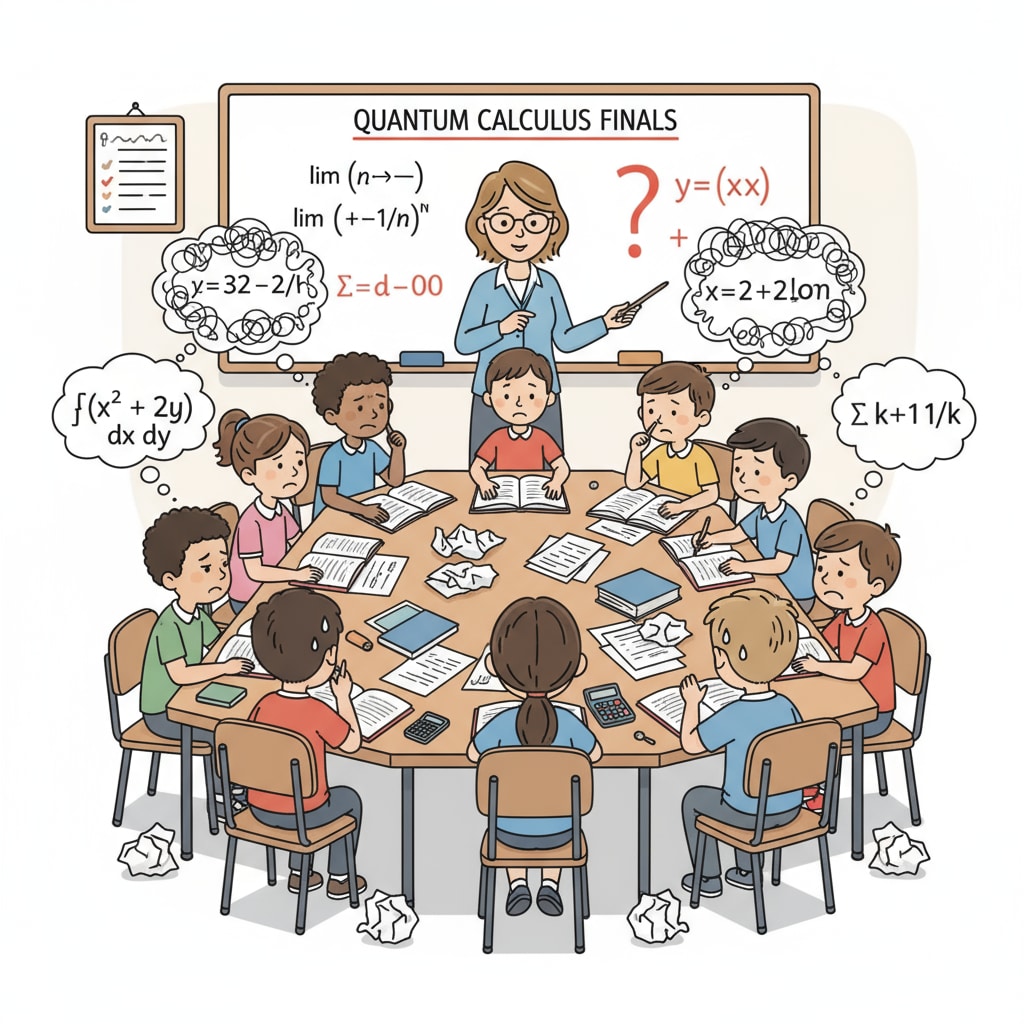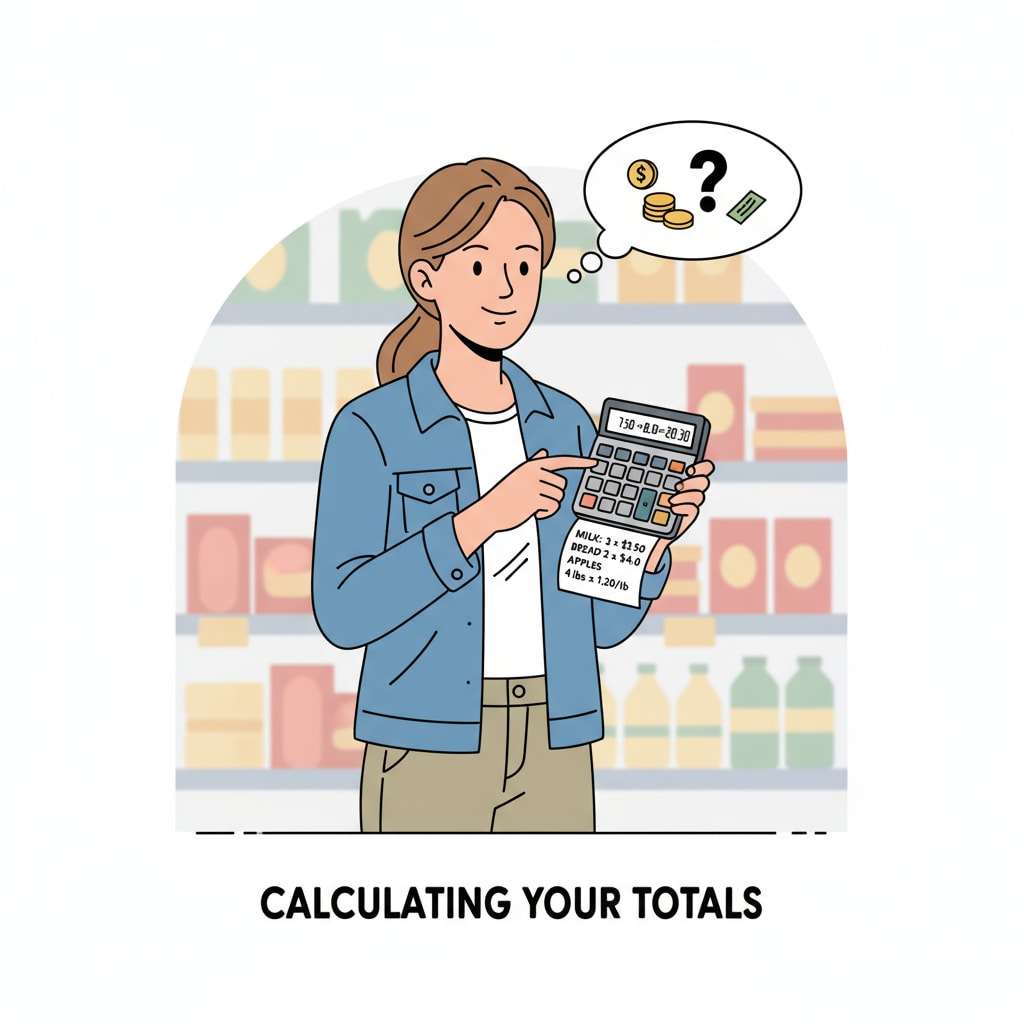Mathematics education, practicality, and advanced mathematics are topics that have long sparked debate. In the realm of K12 education, one often wonders: do we truly need to learn all the advanced math concepts that are currently part of the curriculum?

As students progress through school, they are exposed to a wide range of mathematical concepts, from algebra and geometry to calculus and trigonometry. But how much of this knowledge is actually useful in their daily lives?
The Gap between Math Education and Real Life
For most people, the advanced math learned in K12 is rarely applied in day-to-day activities. Basic arithmetic, such as addition, subtraction, multiplication, and division, is sufficient for tasks like grocery shopping and managing personal finances. According to Wikipedia’s Mathematics Education page, the majority of adults do not use advanced mathematical concepts like quadratic equations or logarithmic functions in their daily jobs or personal lives. For example, a salesperson may only need to calculate discounts and totals, which can be done with simple arithmetic. Therefore, the extensive focus on advanced math in K12 seems to create a gap between education and real-world applications.

The Purpose of Math Education
Mathematics education is not just about memorizing formulas and solving equations. It is also supposed to develop critical thinking, problem-solving, and logical reasoning skills. However, the current emphasis on advanced math in K12 might be overshadowing these broader goals. As stated on Britannica’s Mathematics Education page, a more balanced approach should be considered. We need to ensure that students are equipped with practical math skills that are relevant to their future careers and daily lives, while also fostering their mental development. In addition, we should explore alternative ways to teach these skills without sacrificing the overall educational value.
To address these concerns, educators and policymakers need to reevaluate the current K12 math curriculum. We should consider reducing the emphasis on some advanced math topics that are less practical and instead focus on more applicable areas. This does not mean abandoning the study of advanced mathematics altogether, but rather finding a more appropriate balance. For example, we could introduce real-world projects and case studies into the curriculum to help students see the practical uses of math. By doing so, we can make math education more engaging and relevant to students’ lives.
Readability guidance: Each section here presents a clear point. The paragraphs are short and to the point, with transitions like ‘therefore’, ‘however’, and ‘in addition’ used to connect ideas. Lists could be added in future expansions to further organize thoughts. The focus remains on discussing the practicality of K12 math education and suggesting possible improvements.


